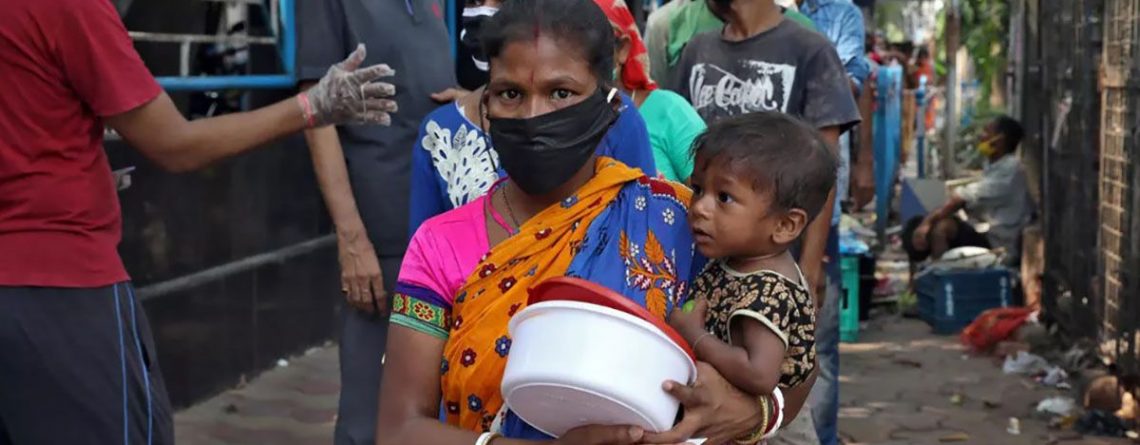Protecting South Asia’s poor and vulnerable against COVID-19
By Lynne Sherburne Benz, Stefano Paternostro, Zaineb Majoka
When India went into lockdown in late March as a result of COVID-19, one of the country’s biggest priorities was to ensure access to food. As millions risked starvation, the government mobilized its existing Public Distribution System (PDS) to give away food rations to over 800 million people, thus averting a catastrophic food crisis. As the coronavirus spreads exponentially across South Asia, food insecurity is just one of the many challenges facing the poorest and the most vulnerable in the region. Most work in the informal sector, which does not provide any social insurance benefits. Many do not have any savings to tap into during rough times. Missing even one day of work can lead to extreme coping strategies like skipping meals, cutting down on medical care, or selling assets. Too often, poor people face a stark choice: preserving their health or saving their livelihoods.
Source: World Bank Blogs











